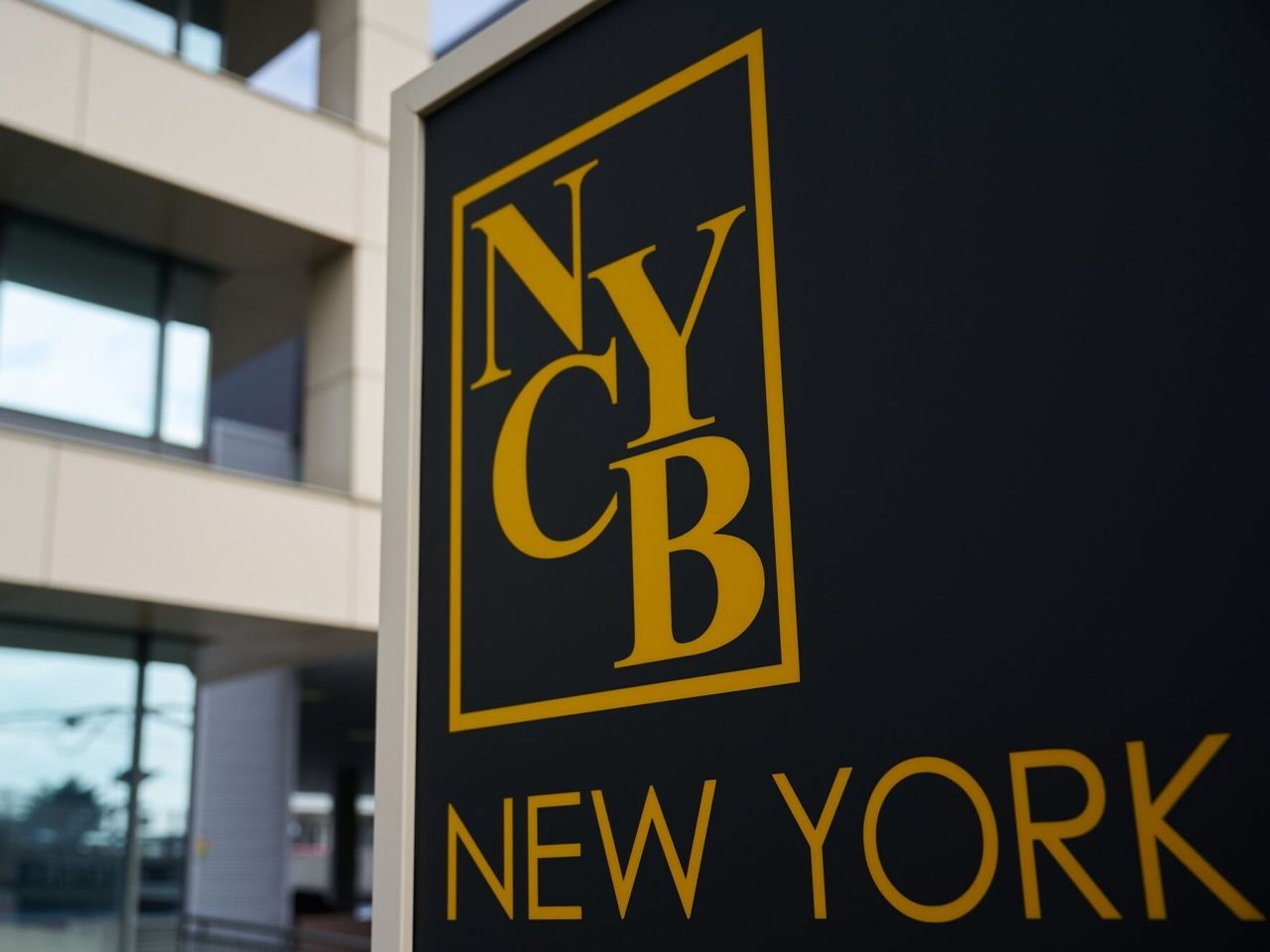By Justin Baer, Gina Heeb and Lauren Thomas
New York Community Bancorp is raising more than $1 billion from a group of investors including former Treasury Secretary Steven Mnuchin, in a bid to shore up confidence in the troubled regional lender.
A group led by Mnuchin’s Liberty Strategic Capital, Hudson Bay Capital and Reverence Capital Partners and including Citadel and some of the bank’s management agreed to buy common and convertible-preferred stock, NYCB said Wednesday.
The infusion is meant to steady a bank that has been buffeted over the past several weeks by fears over potential real-estate loan losses, weaknesses in its internal controls and a sharp drop in its stock price.
NYCB also unveiled a sweeping overhaul of its management.
Joseph Otting, the former head of the Office of the Comptroller of the Currency, will become chief executive, replacing Alessandro DiNello, who had taken over less than a week ago. Mnuchin, Otting, Reverence’s Milton Berlinski and Hudson Bay’s Allen Puwalski will join the NYCB board, which will be reduced to nine members and purged of all legacy NYCB directors.
Before Mnuchin’s stint as President Donald Trump’s Treasury secretary, the former Goldman Sachs partner and Hollywood financier acquired another troubled lender in the depths of the 2008 financial crisis. A group of investors led by Mnuchin took over IndyMac Bank following its seizure by the Federal Deposit Insurance Corp. and eventually made hundreds of millions when it was sold to CIT Group.
“In evaluating this investment, we were mindful of the bank’s credit risk profile,” Mnuchin said in a statement Wednesday. “We believe we now have sufficient capital should reserves need to be increased in the future to be consistent with or above the coverage ratio of NYCB’s large bank peers.”
NYCB shares went on a wild ride Wednesday. After The Wall Street Journal reported on the fundraising effort, the stock plunged more than 40%, falling below $2 before the last of several halts. Once trading resumed following the announced stock sale, the shares rebounded, closing at $3.46—well above the $2 price of the new equity but a far cry from the $10-plus they traded at in January.
NYCB has been in crisis mode since the bank in January revealed signs of trouble in its commercial real-estate books, swung to a fourth-quarter loss and slashed its dividend. Then last week, the bank disclosed that it had found “material weaknesses” in the way it assesses and monitors loans. The disclosures have triggered several credit downgrades.
The bank’s woes have touched off concerns of another banking crisis after three regional lenders collapsed roughly a year ago. Bank stocks tumbled last week after a deal to shore up a smaller Philadelphia-based bank, Republic First, collapsed. The deal would have only filled a portion of the capital hole at that bank, which has flagged its own internal-control issues.
NYCB’s pursuit of fresh capital under duress drew parallels with the travails of another regional lender, Silicon Valley Bank, almost exactly one year ago.
SVB, which catered to tech companies and venture-capital firms, announced a public capital raise on the same day the bank revealed it had booked a loss of nearly $2 billion in a sale of assets. The company’s shares tumbled and an outflow of bank deposits accelerated. Within days, it was taken over by the FDIC.
NYCB has sought to reassure investors over the past month, overhauling its management and saying in early February that its deposits were stable.
Of particular concern to investors is NYCB’s concentration in loans for rent-stabilized buildings in New York City. That market has struggled with rising interest rates and the aftermath of a 2019 law that capped how much landlords can increase rent on some units. Roughly half of NYCB’s portfolio of loans on multifamily residential properties is subject to rent regulations.
NYCB has roughly doubled in size since it acquired Flagstar Bank in late 2022 and parts of
Signature Bank a few months later. With more than $100 billion in assets, it was the 28th largest bank in the U.S. at the end of 2023.
DiNello, who previously ran Flagstar Bank, replaced Thomas Cangemi as CEO at the end of February. The bank named new chief risk and audit officers Friday.
Last month, DiNello laid out a series of options the bank could explore to bolster its balance sheet, including selling assets from certain noncore businesses. The bank has also considered turning to newfangled financial instruments that would share the risks of those loans with outside investors, people familiar with the matter said.
Finding takers for those assets, at least at prices that would make a deal worthwhile, has been challenging, and U.S. officials have expressed reservations with banks pursuing credit-risk transfers that would shift the burden of potential losses to entities outside of the regulated banking system.
Moody’s Investors Service and Fitch Ratings have both downgraded New York Community Bancorp’s credit ratings to below investment grade.


